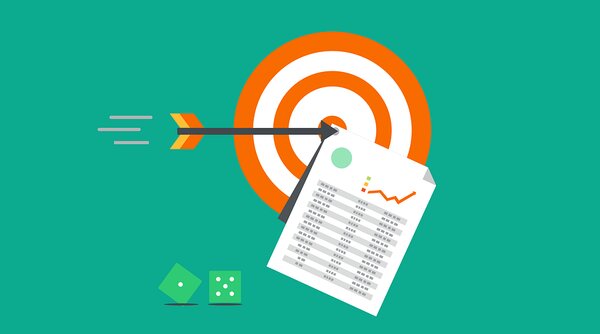Digital marketing is a complicated beast but it is relatively easy to tame if you know how. It doesn’t matter if you have just started or want to revamp your marketing strategy; you need to check various aspects on regular basis. Marketing is all about planning, executing and analysis. The analysis part is very important as it helps in finding what strategy is working for you and what you need to change or improvise.
In this article, we’re going to talk about the 10 key marketing metrics that you should always be measuring and why…
- Leads
Lead generation is a powerful metric to measure because it indicates your ability to generate future revenue. There are numerous lead generation tools that you can use like HubSpot, Mailchimp, unbounce, Zapier etc.
You need to know where your leads are coming from, how they are being nurtured, and what their next move is likely to be, based on expected behavioural outcomes.
- ROI
Of course, you also need to understand how much money you are making based on your investment in your digital marketing efforts. Revenue compared to cost.
SEO is one example of a digital marketing method that is fairly straightforward when calculating your ROI as you can measure the amount of traffic coming through to your website for your focus keywords and how many are ultimately converting into business. There are many tools that can help you measure your ROI like Cyfe, Google Analytics, Kissmetricks, Plannus etc.
- Referral traffic
Referral traffic refers to any leads that visit your website from another website, as opposed to a search engine. This is an important metric as it allows you to see how well your backlink profile is progressing and which links ultimately provide the most value. Referral traffic from well reputed sites can find you a lot of leads for your business. Find relevant websites to your niche using keyword terms along targeted niches such as “write for us + SEO” for reffreral traffic through content publishing on other websites.
- Total traffic
Total traffic refers to the total website traffic you receive over a given period of time. This is important as it is a strong indicator of your content value and you can further break down your total traffic into key categories and optimize accordingly for increased performance.
- Reviews
Social proof is a very important metric. Not only does it provide greater credibility for your brand and business, but it can also help with your conversions.
That, and the not-so-positive reviews give you an opportunity to make positive changes and fine-tune your offerings. As more and more businesses are going online, having a good online image is must for every business. Now most customers do check reviews before purchasing anything.
- Customer acquisition cost
CAC refers to the amount it costs you to acquire and convert a new customer. This is an incredibly valuable metric as it allows you to identify which segments are the most profitable and indeed which need refining.
A typical formula might look like this:
- Sales + marketing costs / total number of new customers. For example, if a company is spending $1000 on their marketing and acquire 100 customers in a year then the CAC will be $10.0 per customer for that year.
- Customer lifetime value
Your customer lifetime value allows you to identify how much each customer is worth to your business over a long period of time. Naturally, depending on your business type this metric will measure differently.
For example, if an SEO company in Melbourne has a client that pays $1,500 every month and is committed to a 12-month contract, you can compare this with your average client retention rate and calculate from there.
- Cost per lead
Not to be confused with customer acquisition cost; cost per lead helps you identify how much it costs to generate a new lead – whether they convert into business or not. You need to always keep a firm eye on the costing per lead as most marketers spend over 1/4th of their expenses on unproductive campaigns.
- Subscriber growth
Subscriber growth refers to the rate at which you obtain subscribers, whether it be via email marketing or on your YouTube channel, for example. This is a valuable metric because it enables you to see how quickly your subscriber lists grow in comparison to your marketing efforts, etc.
- Customer retention rate
And finally, the customer retention rate is all about how long you are able to keep a client on-board. It looks at the number of customers you retain and how long you retain them for. As this directly impacts your long-term profitability, it is arguably one of the most crucial metrics of all.
Final thoughts:
Data collection and well-informed action is the key to longevity
As you can see, data collection really is a critical aspect of digital marketing. The more data you can collect, the better positioned you are to make actionable changes to your business, your offerings, your content creation, and indeed your website performance.
Measure everything – and use those analytics to make well-informed changes. That is the key to your long-term success.

